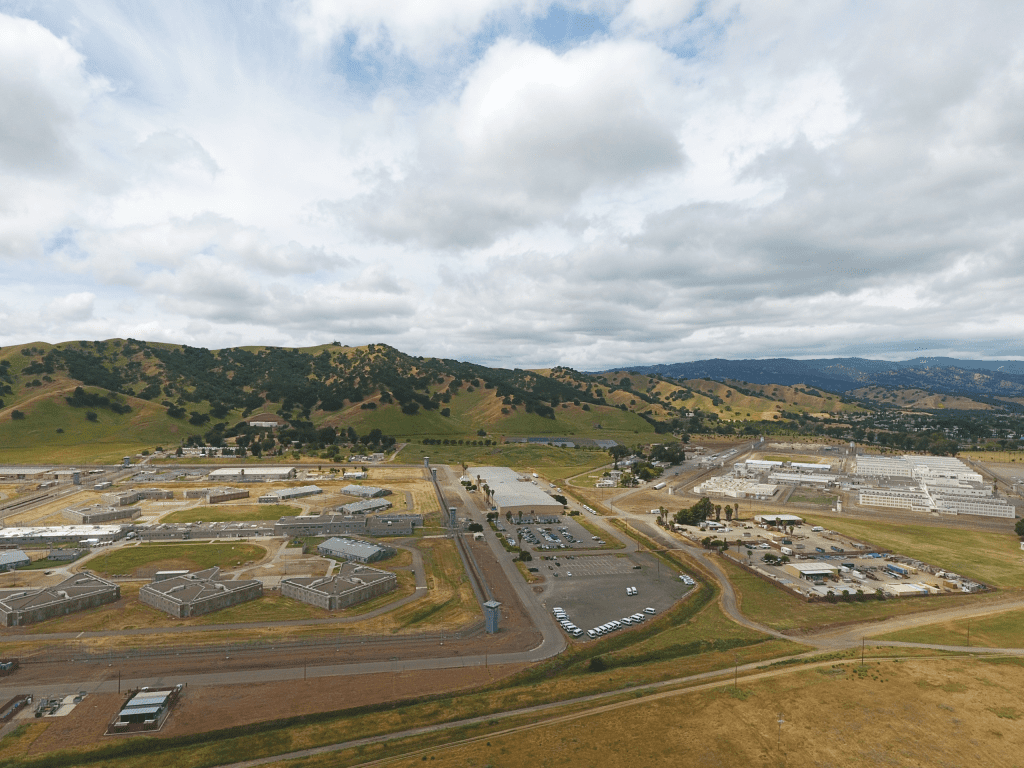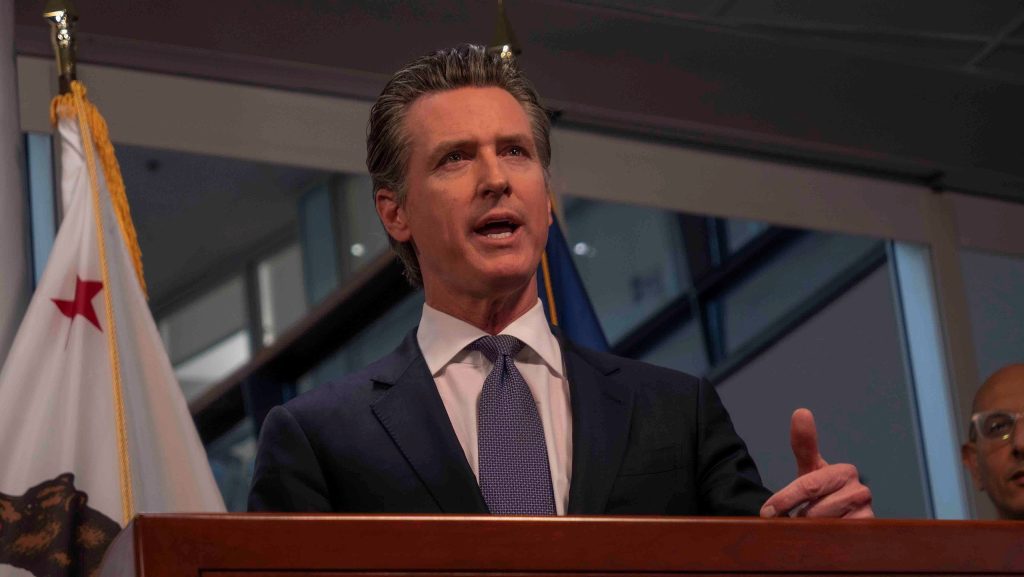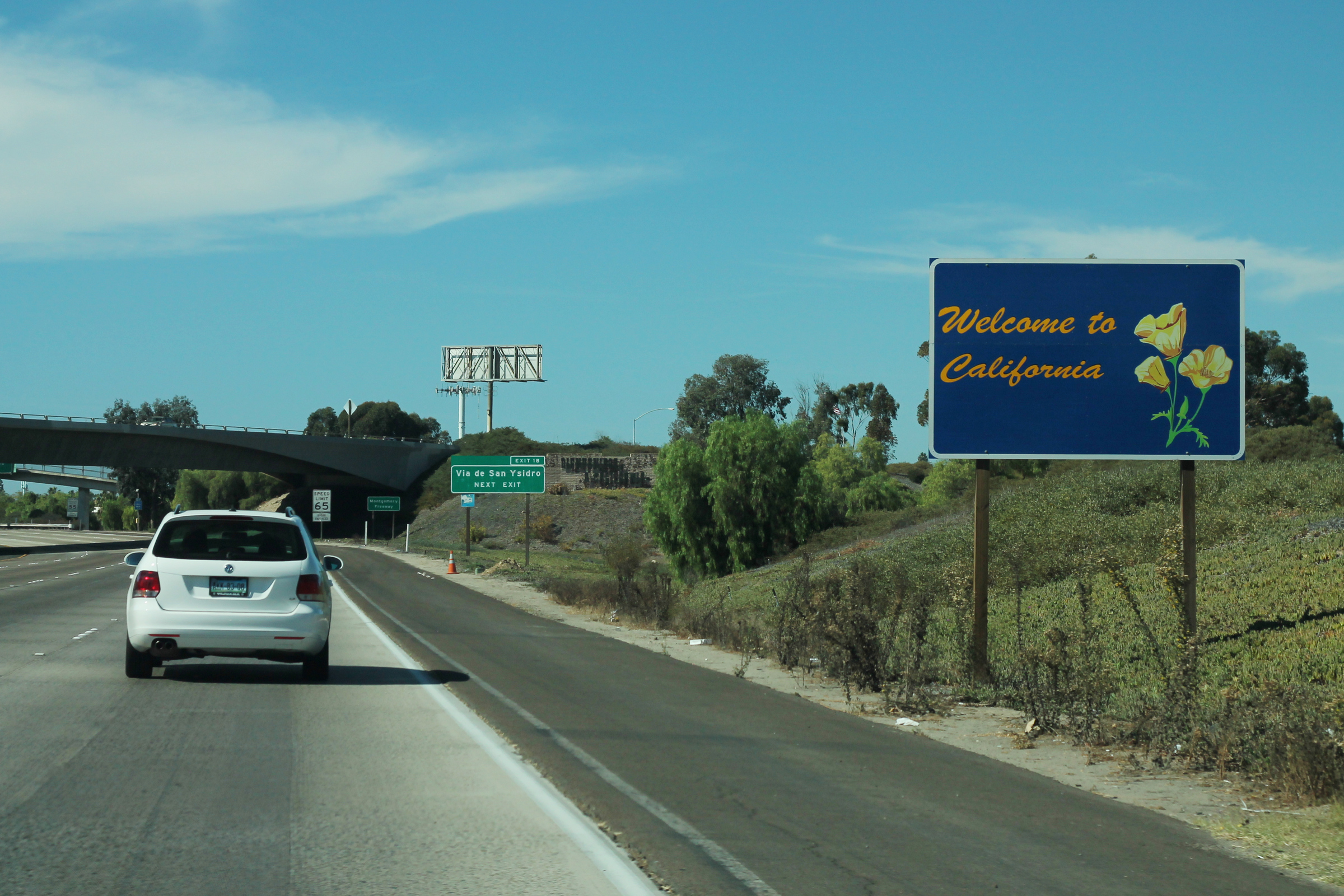Yes. Yesterday, California Governor Gavin Newsom signed SB 1008 into law. Under SB 1008, all state prisons and youth residential placement or detention centers operated by the Department of Corrections and Rehabilitation in California “shall provide persons in their custody and confined in a correctional or detention facility with accessible, functional voice communication services free of charge to the person initiating and the person receiving the communication.”
The same requirement applies to county and city facilities as well under SB 1008: “A county or city youth residential placement or detention center shall provide persons in their custody with accessible, functional voice communication services free of charge to the person initiating and the person receiving the communication.” Additionally, the law prohibits state, county and city agencies from “receiv[ing] revenue from the provision of voice communication services or any other communication services….”

Why is it so important for states like California to make prison falls free?
It’s so important for states like California to make prison calls free because communication between incarcerated people and their loved ones reduces recidivism. As SB 1008 recognizes, “[m]aintaining family and community connection and economic stability while incarcerated is key to successful reentry, and it is therefore in the interest of all Californians to reduce the economic burden associated with communication in jails and prisons.”
This is because, as the bill also explains, “[m]any incarcerated people will reside with their families after release.” “Families play a major role in reentry,” the SB 1008 states. “Research shows that incarcerated individuals who maintain ties with their support networks have higher success rates and lower recidivism rates upon release.” That’s why “[t]here is national momentum to provide communication services in jails and prisons at no cost to incarcerated people and their support networks.”
As SB 1008 explains, “New York City was the first city jail system to do so in 2018 and Connecticut was the first state prison system to do so in 2021.” In addition, “[t]here are now active campaigns in more than a dozen states across the country, including Massachusetts, Michigan, New York, and Virginia, among others.” The bill also had heavy support in California because, as the bill states, “[a] 2019 poll commissioned by Worth Rises showed that 69 percent of Californians support free communication in jails and prisons.”

If so many people support making prison calls free, who is against it?
SB 1008 actually addresses opposition to the movement by states like California to make prison calls free, too. In the second paragraph of the Legislature’s findings, SB 1008 recognizes that “[j]ail and prison telecommunications is a $1,400,000,000 industry dominated by a few corporations that charge high rates for communication.” Additionally, it says, “[i]ncarcerated people and their support networks must be protected from its exorbitant costs across these and future communication services.”
The Takeaway:
If you’ve ever been to a jail or prison or have had a loved one inside, you know how crushing the cost is. Phone calls can cost $10 or $15 for just a couple of minutes. You never know when someone in prison can call, and you usually never know when that call can end. New York City, Connecticut and now California have made phone calls to and from prisons and other placement and detention centers free to incarcerated people and their loved ones. This is a huge win for them and helps reduce recidivism, too.






